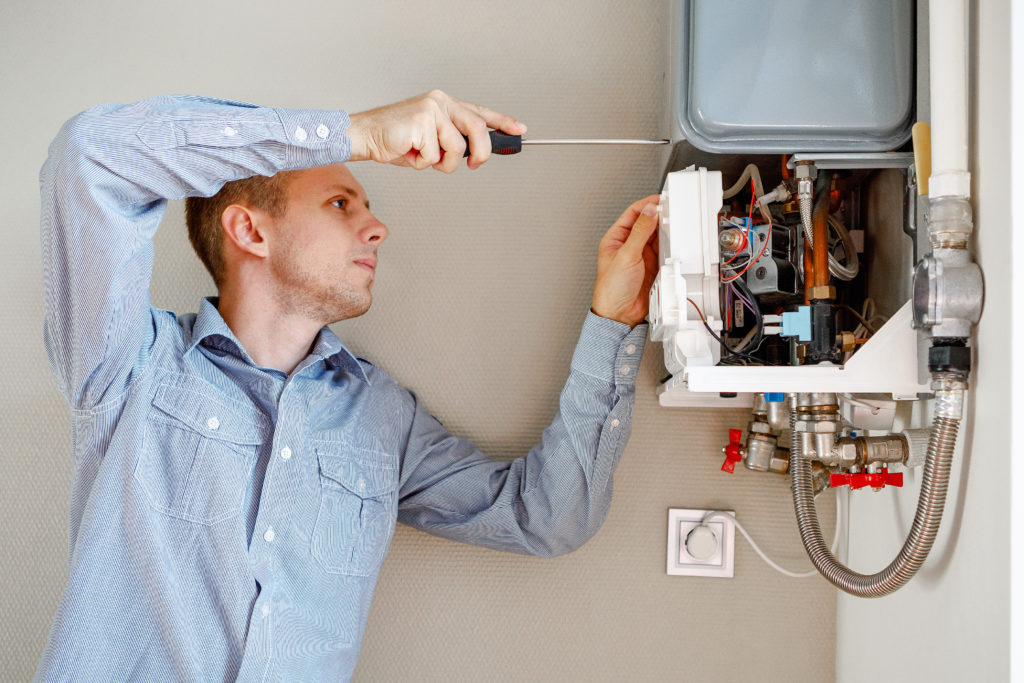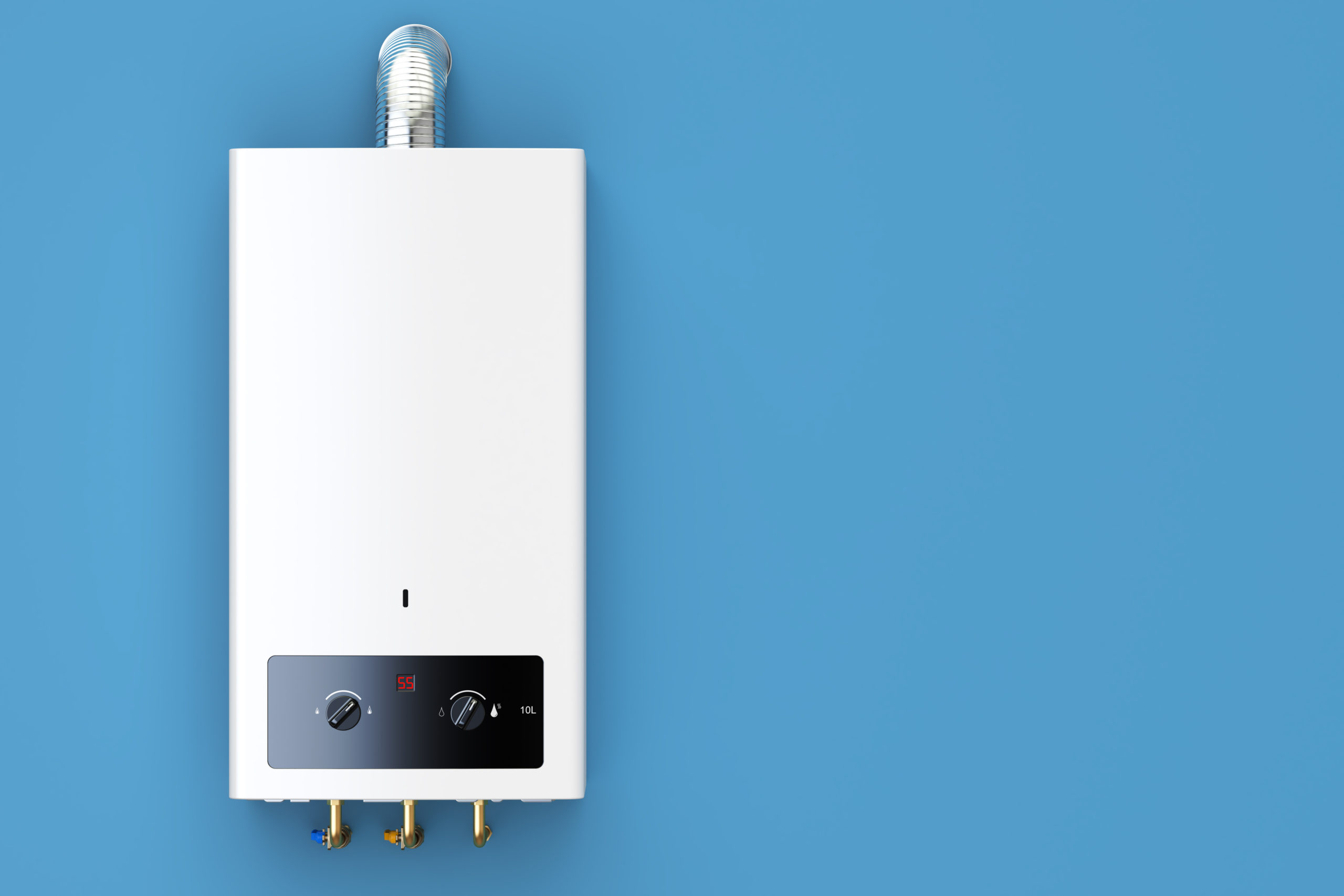3 Common Boiler Problems And Solutions
Boilers help a lot to keep a place warm, especially during winter. Additionally, there are also a lot of benefits that you can gain in choosing a new boiler(Make sure to look into new boiler cost) instead of other kinds of heaters. First, it costs less in the long run. They’re long-lasting and durable, and they can give an even distribution of heat. However, we may not entirely give enough attention to it unless something terrible happens. Only when it’s broken do we only realize that boilers are needed to give off hot water and provide heat when the temperature is cold.
Moreover, boilers are susceptible to malfunction, especially if they’re not maintained well and have been on hold for some time. Therefore, you must be aware of some problems that can happen to it and also informed of the right way to fix such issues. Hence, here are the three common boiler problems and their accompanied solutions.
- Low Water in a Boiler
It’s a dangerous scenario if the boiler has a low water problem. Low water is the leading cause of accidents in people with boilers. Moreover, low water condition in a boiler occurs when the water level falls below the permissible water level or even below the top of the tubes. Hence, allowing the tubes to overheat. If the water gets lower than the main firing tube, or Morrison tube, the steel itself may suffer problems. The good thing is that you can avoid this issue with proper maintenance.
Moreover, some issues can happen as a result of low water conditions, these are melted metal, cracked tubes, leaking water, and loosened tubes.
The first possible thing is to examine the sight glass to solve a low water steam problem. Generally, this is the only way to visually check the boiler’s water level. Therefore, you should know the average water level is in the sight glass. The second and last thing to do is buy a simple and affordable Low-Water Cut-Off (LWCO). An LWCO device can actively check the water level in the boiler. It could also cut the power and shut the system off if the water level dips below the suitable level.
There are two types of LWCO devices. The first one is called a floating LWCO, and the principle of this device is that it has a mechanical linkage that binds the float to a switch linked to the burner circuit. The float goes up and down according to the boiler’s water level. If the float drops too low, the device cuts off the power to the boiler.
The second type of LWCO device is an electrical modeled LWCO that examines the level by exploring its conductivity, and this device shuts the system down if the water gets too low. You should note both types when choosing a low-water cut-off device.
- Boiler Leaks
Problems with internal parts such as a pump seal or a pressure valve usually cause a boiler leak. If the leak comes from your boiler’s pressure relief valve, the system’s pressure might have become too high. Additionally, if the leak stems from the pump seal, the pump seal could’ve been worn out and needs replacement. Likewise, a leak that began around the pipes could result from corrosion.
Eventually, the right solution is to seek the help of a registered Gas Safe Engineer who will investigate the problems and provide the right kind of repairs. Doing repairs yourself is not advisable, and you should only turn off both the hot and cold water while waiting for the Gas Safe Engineer to come.

- Boiler Noise
A boiler generates an average noise when it’s firing up during its operation. The problem begins once there is unusual gurgling, vibrating, and whistling noises from the boiler. This noise makes it less comfortable to remain in the house. Additionally, the whistling noise starts when limescale builds upon key internal components, such as the heat exchanger. Limescale is quick to overheat, which ends in the boiler creating a whistling sound.
If this problem happens, you should consult a Gas Safe Engineer who will remove the limescale for you. Likewise, the boiler could create a gurgling noise if there’s air stuck in the radiators that are making the radiator less hot. To solve this, you should bleed your radiators. However, you could also seek Gas Safe Engineers if you think you can’t do it. Lastly, if there’s a vibrating noise, there’s a possibility that something is trapped in the flue. Therefore, it’s wise to check the exterior pipe to know if there’s something stuck in there.
Bottom Line
Boilers are a great help when heating a place such as a home during the cold season. There are also a lot of benefits that it can give to you as an owner. However, we may not provide enough appreciation for it unless it’s beginning to require some repair and proper maintenance.
Furthermore, boilers are also prone to some issues. Some issues that can happen are low water conditions, leaking, and boiler noise. These problems occur most if these boilers are not being managed well and haven’t been used for some time. Overall, you need to keep in mind some of these common boiler problems and the right solutions to still be able to use such boilers.

